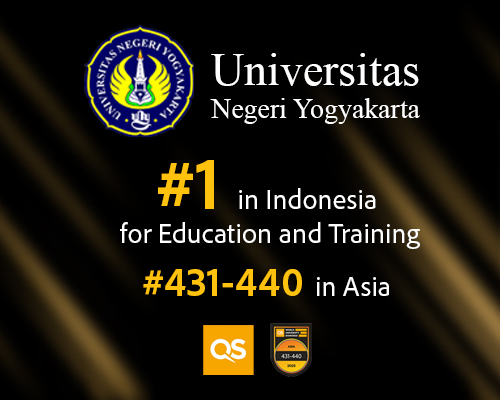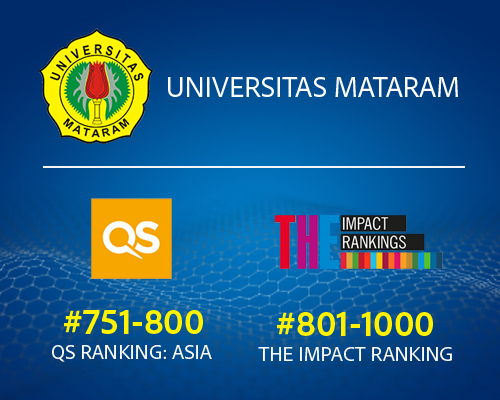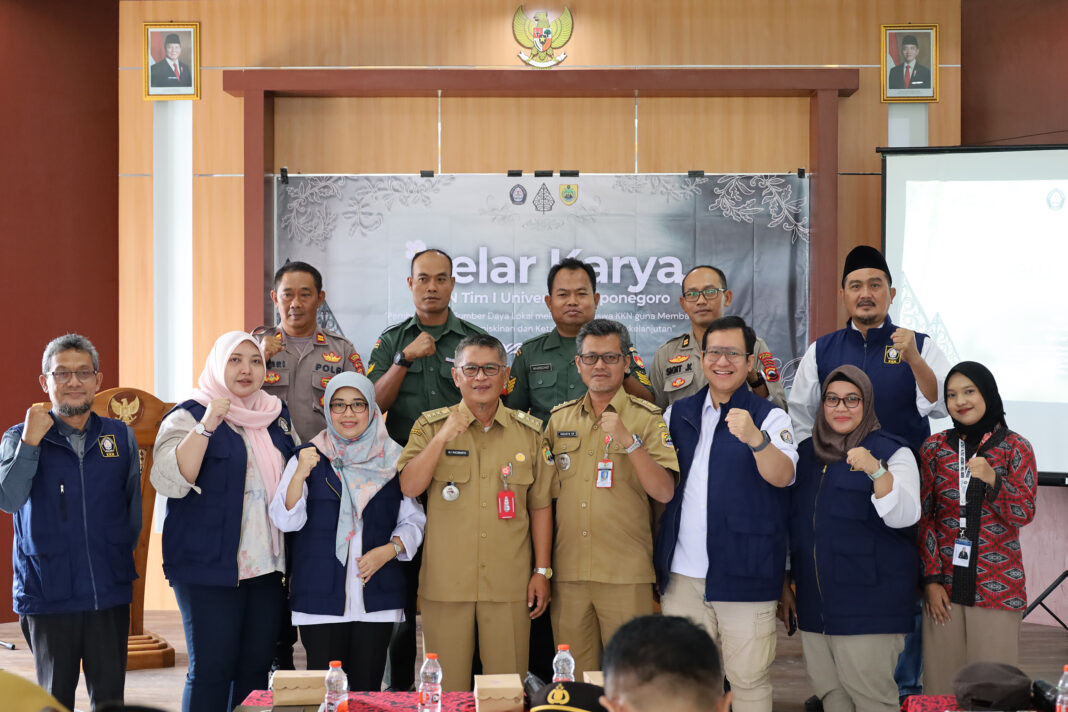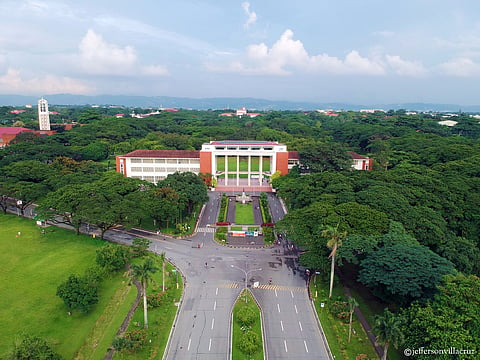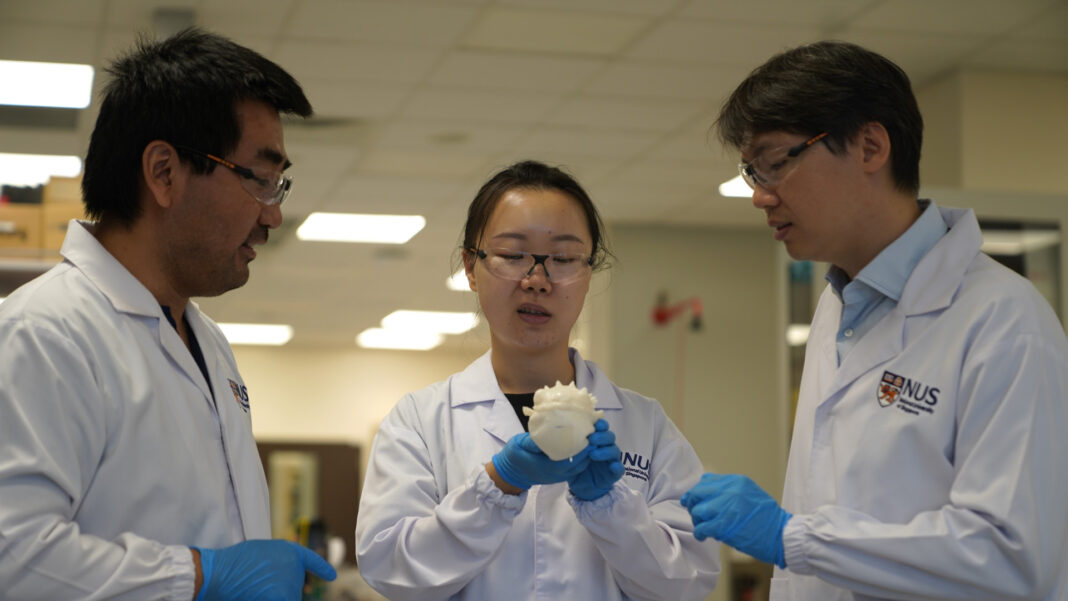When 186 university students dedicate 40 days to transforming rural communities, the results can be extraordinary. In Sragen Regency, Central Java, students from Universitas Diponegoro (UNDIP) recently showcased their community service innovations through an impressive exhibition that demonstrated how academic knowledge can directly address local challenges and empower communities.
UNDIP Community Service Students Showcase Groundbreaking Innovations in Sragen Regency
On Monday, February 10, 2025, the Miri Sub-District Office became the center of celebration as UNDIP’s Team I Community Service Program presented their “Gelar Karya” (Exhibition Event). Moreover, this gathering brought together students, local officials, and community members to witness the fruits of collaborative development efforts spanning 19 villages across Miri and Sumberlawang sub-districts.
Bridging Academia and Rural Development Through Strategic Partnerships
The exhibition theme, “Empowering Local Resources Through Community Service Students to Help Alleviate Poverty and Achieve Sustainable Food Security,” reflected the program’s ambitious scope. Furthermore, the event attracted key stakeholders including Miri Sub-District Head Ali Rachmanto, S.T., and Sumberlawang Sub-District Head Indarto Setyo Pramono, S.STP., M.Si., alongside village officials and community representatives.
Dr. dr. Sri Winarni, M.Kes., representing UNDIP’s Community Service Center (P2KKN), emphasized the collaborative nature of the initiative. “We deeply appreciate the collaboration that has taken place over the past 40 days,” she stated. “Although the timeframe is relatively short, we hope that the innovations and programs developed by the students will continue to grow and benefit the community, particularly in Miri and Sumberlawang.”
Local Leaders Embrace Student-Driven Innovation
The enthusiastic reception from local government officials highlighted the program’s impact. Ali Rachmanto expressed his admiration for the student initiatives:
“I am delighted and proud to welcome the Gelar Karya held by UNDIP students in Sumberlawang and Miri subdistricts. The projects showcased today are tangible proof of students’ ability and creativity in identifying and solving community challenges.”
Similarly, Indarto Setyo Pramono encouraged ongoing relationships between students and communities. “Never forget the place where you have contributed,” he advised the students, while officially opening the exhibition and urging local officials to maintain communication for program continuity.
Transforming Agricultural Waste into Economic Opportunities
The 19 exhibition booths revealed diverse innovations addressing local needs and sustainable development goals. Unlike traditional academic projects, these initiatives demonstrated practical applications with immediate community benefits.
Among the standout innovations were:
- Corn cob waste processing into briquettes – converting agricultural waste into alternative fuel sources
- Optimization of red lemongrass utilization for local economic development
- Automated height measurement tool innovation for healthcare applications
- Digital marketing strategies specifically designed for local MSMEs (Micro, Small, and Medium Enterprises)
- Livestock education and empowerment programs
- Development of catfish floss MSMEs, creating new market opportunities
- Waste cooking oil processing awareness programs addressing environmental concerns
Student Leadership Drives Community Collaboration
Khoirun Nissa Kurniati Zahra, who chaired the Gelar Karya event, emphasized the broader implications of student-community partnerships. “This event represents a concrete example of student-community collaboration in improving quality of life and supporting development in Sragen Regency,” she explained. On the flip side, the initiative also provides students with invaluable real-world experience in sustainable development practices.
Creating Lasting Impact Beyond Academic Requirements
The exhibition format allowed comprehensive program presentations, interactive booth visits, and meaningful discussions about local resource empowerment. Consequently, the event served multiple purposes: celebrating student achievements, demonstrating innovation potential, and establishing frameworks for continued collaboration.
The focus areas encompassed creative economy development, environmental sustainability initiatives, educational programs, and MSME advancement. These diverse approaches reflected the complex challenges facing rural Indonesian communities and the multifaceted solutions required for meaningful progress.
Building Bridges Between Higher Education and Rural Communities
The Sragen Community Service program exemplifies how universities can extend their impact beyond campus boundaries. Through structured engagement with local communities, students gain practical experience while contributing to regional development goals. Moreover, the 40-day intensive program duration allows for substantial project development and community relationship building.
The Community Service students’ work in Sragen Regency demonstrates the transformative potential of academic-community partnerships. By focusing on local resource empowerment, sustainable food security, and poverty alleviation, these innovations address fundamental development challenges while showcasing student creativity and problem-solving capabilities. As these programs continue to evolve, they promise lasting benefits for both participating communities and the students who dedicate their time to making a difference.


